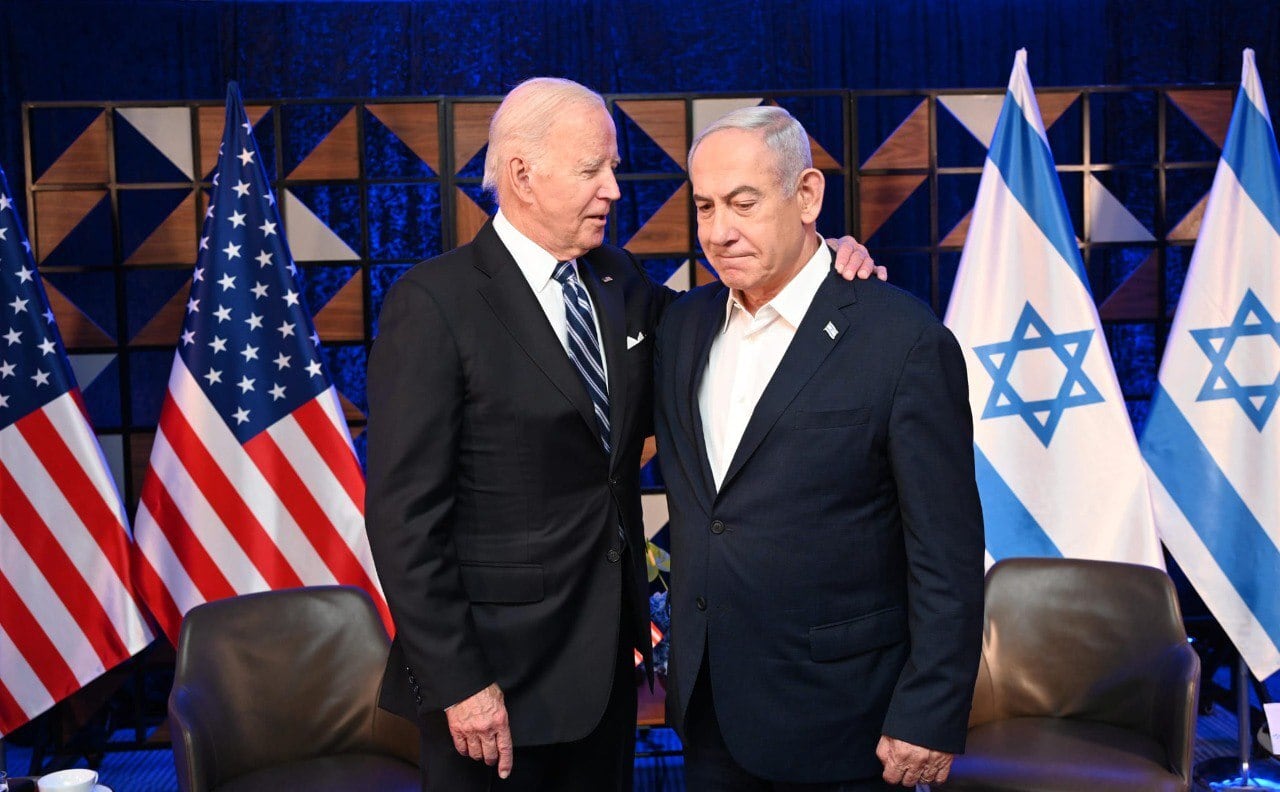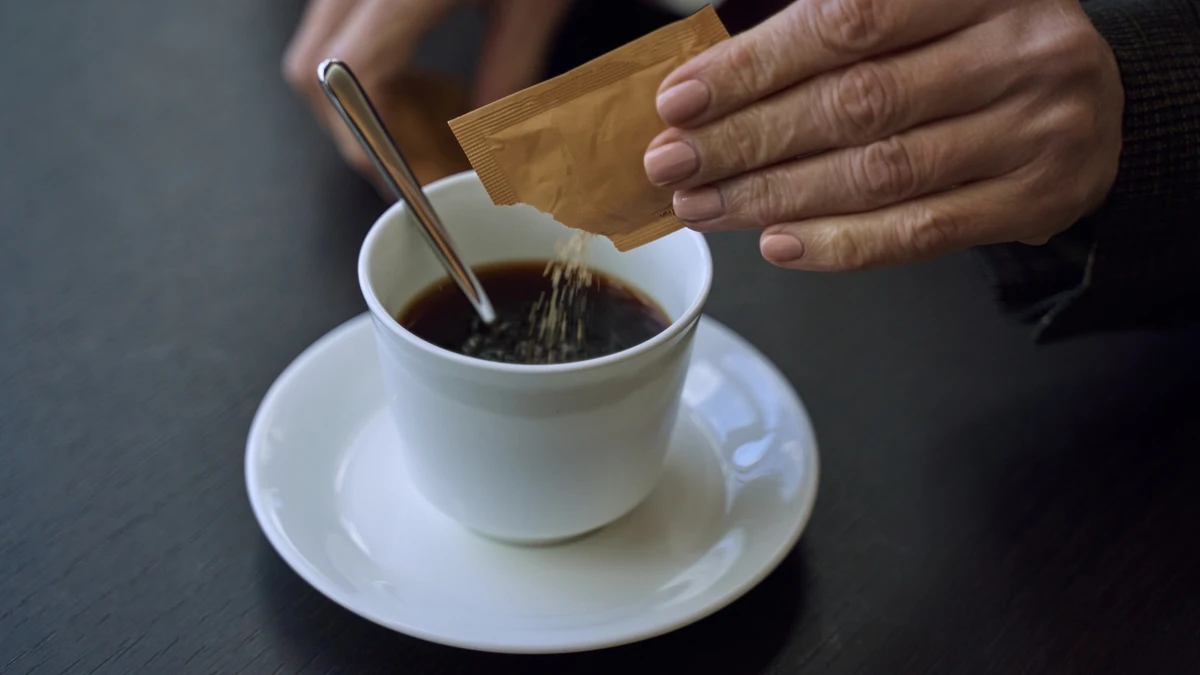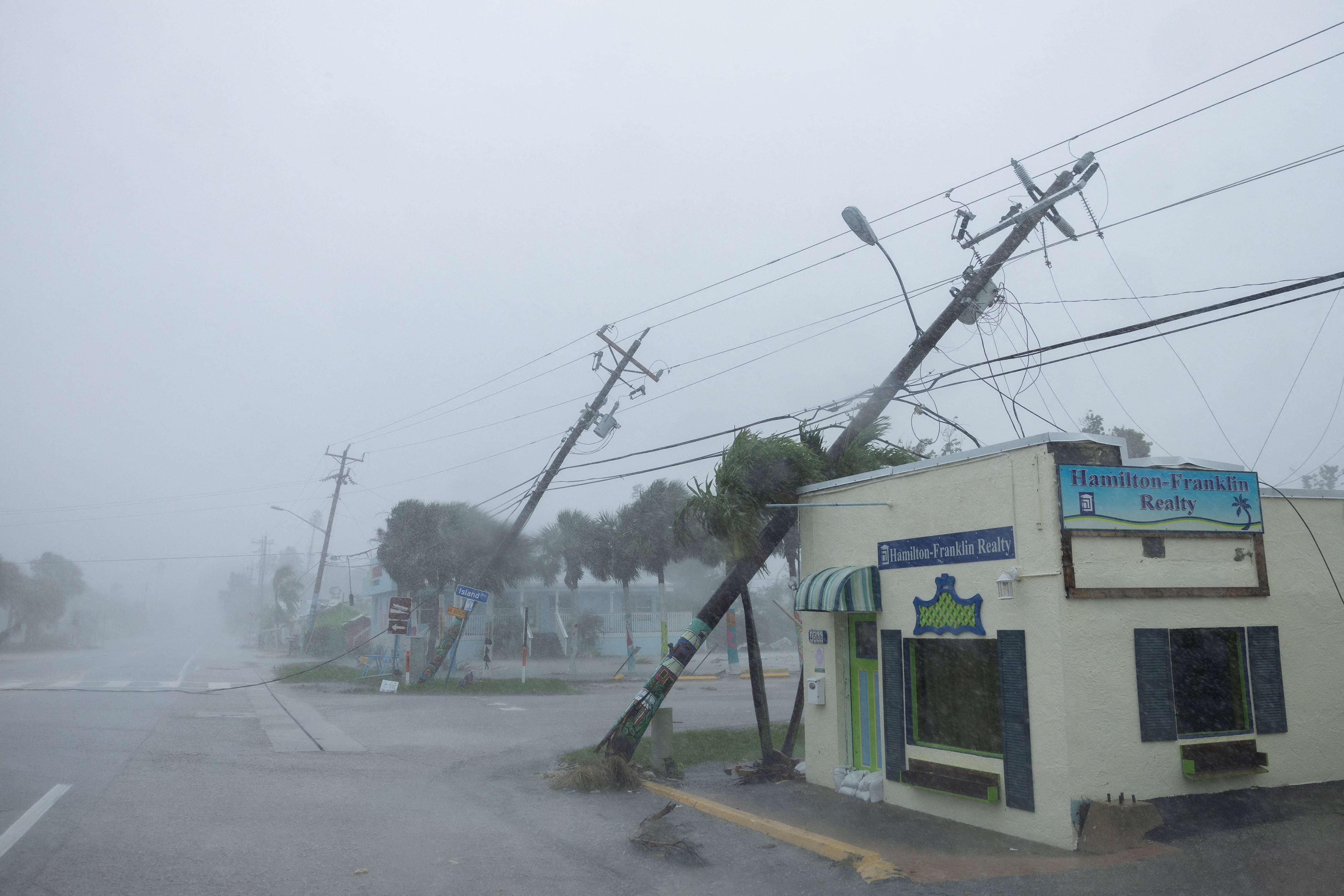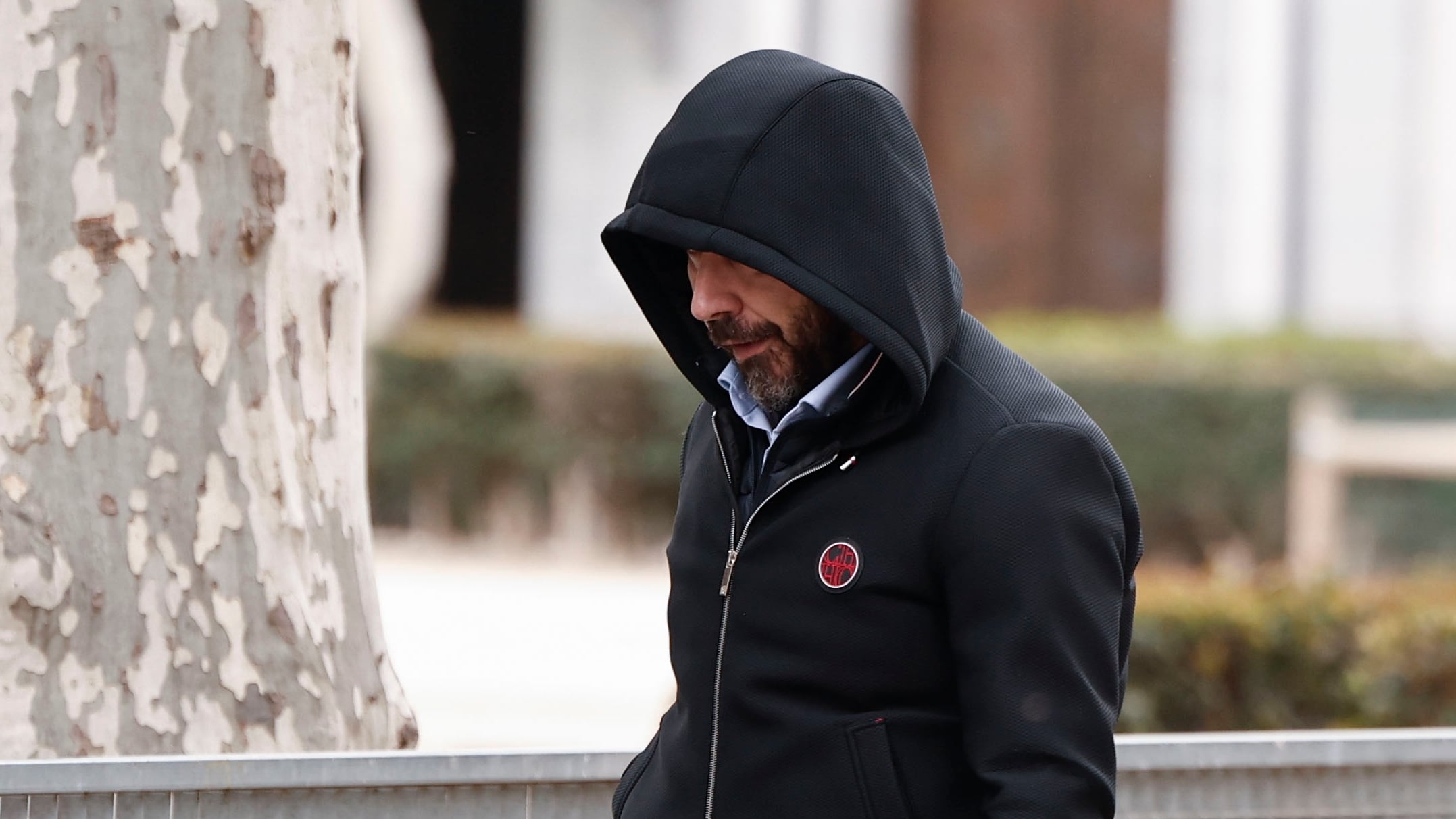On singer-songwriter Julie Williams’ new five-song EP Tennessee Moon (out Oct. 17) the Florida native draws listeners into songs that evince all the facets of who she is, both as a person and as an artist, intertwining elements of folk, ‘90s country, and pop with her soothing vocal.
“Music was always in our household in every single car ride, my mom and I listened to ‘90s country women like The Chicks and a lot of folk too, indigo Girls, John Denver, Dan Fogelberg, that was the soundtrack to my mom’s car,” Williams tells Billboard. “And my dad played a lot of Michael Jackson, Prince, the Temptations. So there was music constantly.”
In elementary school, Williams became involved with music programs, then singing and performing at church. By middle school, Williams was singing the national anthem prior to Tampa Bay Rays baseball games. A friend from church who played guitar began giving Williams guitar lessons and eventually they formed an acoustic music duo and playing at bars around Tampa Bay.
Williams’ aspirations have always centered around making a difference in the lives of others, and to that goal, she studied public policy at Duke University, but was also still drawn to music. She signed to Small Town Records at one point, and continued writing songs more regularly, pouring out songs of elegance, vivid detail and forthright honesty.
In 2019, shortly after graduating, she chased her musical aspirations to Nashville. Williams, a proudly mixed-race, queer singer-songwriter, found her musical breakthrough when she wrote “Southern Curls,” detailing her experience of growing up in the South, but with, as she sings, “the wrong kind of Southern curls.” The sharply-written, exquisitely-sung track also delves into forging her own path in her early days in Nashville, with the lines, “Twenty-three in Music City with dreams and high heeled boots/ Singin’ for a crowd of blue eyes/ Will they want me too?”
“That’s when it felt like, ‘Oh, I’ve tapped into who I am as an artist and the type of songwriter I want to be,’” Williams says.
She continued writing and performing songs, resulting in her 2023 self-titled EP. Meanwhile her music and artistry caught the attention of The Black Opry, as well as CMT. She was named a member of CMT’s Next Women of Country class in 2023, and was part of the CMT and mTheory Equal Access program.
Her keen artistic mission further evolves on her new five-song EP. Williams is a writer on every track, working with writers including Melody Walker and Natalie Closner. She looks back on the last moments of a relationship in “Tennessee Moon,” while “Reckless Road” meshes banjo, pedal steel and acoustic guitar, evoking the timeless feel of ‘90s country songs.
“I know it’s not going to be an easy road,” Williams says of her journey as an artist. “Every single day is a grind and a step. But for me, if I’m moving in an authentic way and I know that I have people around me that love me, I don’t care. I just love it so much. I’m just going to keep doing it for as long as I can.”
She just launched her Tennessee Moon Tour, which runs through November. Billboard spoke with Williams about her inspirations, career journey, her new EP, her work with the Black Opry and more.
What is one album you could play forever and never get tired of playing?
Eva Cassidy was one of my first musical influences and my dad used to play [Cassidy’s versions of] “Autumn Leaves” and “I Know You By Heart.” Her album Songbird is one I listen to, and it feels like my Dad is with me.
Who would be your Mount Rushmore of country music?
The Chicks, 100 percent. I remember when they got kicked out of country music radio and I was so mad. I remember in my fourth grade class, we had to write a speech. I wrote about how mad I was at the president [then-president George W. Bush] because he got my favorite band kicked off the radio. And then Sara Evans, I loved “Born to Fly,” and all of the late ‘90s, early 2000’s country.
What inspired the title track to Tennessee Moon?
I went to Percy Priest Lake [in Nashville] with a former partner, and I took this photo of them under the sunset, as the daylight was fading away. I could just tell that the relationship was fading, but I wanted to capture it and hold onto what it felt like in this golden era. Something about sunsets, as beautiful as they are, you can’t quite capture them. I think there’s beauty in how fleeting it is — and there are people in our lives aren’t necessarily meant to stay, but we just appreciate them when we have them.
One of your frequent collaborators on this project is Melody Walker. How did the two of you connect as musicians?
I believe we met at a Song Suffragettes show. I was a big fan of the music she was making and we sat down to write and came to her with that photo that inspired “Tennessee Moon.” I just said, “I want a song that feels like this picture.” Within two or three hours we had the whole song and we just keep coming back to each other because if we really do have that writing chemistry, I think we push each other in some ways. I can sometimes get so lost in lyrics and verses — if I could just write verses for the rest of my life. She’s like, “Okay, what’s our hook? What’s our big moment?” We work well together and it’s great to have people in Nashville that you feel a hundred percent comfortable to be yourself around.
Another song on the album, “Just Friends?,” also highlights part of your journey as a queer woman. How did that song come about?
I was playing shows with an artist called Denitia, and she has a song that’s called “Old Friend.” And I was hearing her play this song night after night about looking back at an old friendship, and it made me think of some friendships in my past and one in particular. I just was wondering why I am not close with that person anymore and why looking back at it, I felt so much pain and regret, almost felt like it was a breakup. I look back now, and realize, “I think I had feelings for that person,” but I didn’t even know at that time.
That was just such a powerful time to write this song that touches on that confusion of young love, of friendship, female friendship, especially for queer women, kind of discovering who it is that you love — it can be a confusing process at first. I grew up with very, very liberal, accepting parents and I still felt confused. So, I wanted a song that would capture that and I wanted to give myself a little bit of grace, too. I was very lucky that my queer journey, it wasn’t a sad one. I was very lucky that when I told my family they were accepting and my friends as well, but it still was something that took that time. So, I wanted to show the beauty in that journey, too.
What was your journey like in finding community as an artist in Nashville?
I didn’t find that community when I first moved to Nashville, but also because I don’t think I really knew myself too much then. I still was straightening my hair. I found this picture of the first Whiskey Jam [concert] I was playing, and I used to spend hours straightening my hair just to then curl it into those big, southern curls. I was like, “Why am I straightening and curling my hair again just to get a different curl pattern, because I think this is what people want to see?”
I moved here and I was in a long-term partnership that I thought this was going to be the person that I was with for the rest of my life, and I didn’t think I’d ever have a chance to explore my queer identity and I didn’t really know myself. Writing songs like “Southern Curls” and getting connected with organizations like Song Suffragettes and the Black Opry, I met some of my favorite people that I work with and my favorite collaborators.
How has the Black Opry been instrumental in your career?
I met [Black Opry founder/leader] Holly G and a number of the Black Opry folks, and just sat with them in a hotel room and passed around a guitar and played songs. I told Holly at that moment, “I will play whatever show you have. It could be in a dumpster and I’ll be there.” I was really wondering if I was going to stay in Nashville. I had gone and visited friends in New York and DC and was like, “I think I’m going to go back into the policy world. I don’t know if this is going to work out over here.”
Right after that was when I first went on my first Black Opry tour, and it really changed everything. I started playing with Black Opry and then realizing that there were opportunities outside of Nashville, that there were venues and places that wanted to be a part of what Black Opry was building.
How did you build upon those shows you played with the Black Opry?
I would just reach out to [those venues] as an individual — this is before I had an agent. I would just reach out and say, “Hey, I saw you booked Black Opry this time. I’m a Black Opry artist. I would love to come and play.” And so I started booking myself and doing my own tour. That’s when [management company] Prater Day saw what I was doing and wanted to jump in, too.
The past few years, I’ve played over 120 shows and I think it’s 26 states now and a few countries. And I think that once again touches on that magic that I had found when I first started playing. But now I get to feel that all around the country and the world and meet new people. And so, I think my career is now growing because of my time on the road and the road will continue to have a huge part in my story.
You are also an activist and in 2023 launched Green Room Conversations, to raise awareness of sexual harassment in the music industry, and to offer a safe space for women to discuss navigating the industry. Why has that been so important for you?
I wanted to start that organization, just being a touring musician and just a woman in this industry. I’ve had my own share of stories, and I think you could throw a rock and ask somebody to share a story that they have had in the music industry. I wanted to empower people with those little frank lessons that can help save people from a lot of uncomfortable situations. I remember when I first met [singer-songwriter-radio host] Rissi Palmer in a little café in North Carolina, it was just before I moved to Nashville. I remember asking if she had any advice for me and she said, “Do not take a business meeting with a man past 6:00 p.m.. That’s not a business meeting; that’s a date. If he wants to work with you, you can get coffee the next day.”
I think music is an industry, where at least for artists, there is no HR [department]. It’s an industry where show are late at night, that often involve alcohol. You could be in a position where you have to share a hotel with a co-worker because there’s not enough money to get everybody solo hotel rooms. Or you’re writing a song about sex and love, but that doesn’t mean you want to sleep with your coworker.
We come into this industry with so many hopes and dreams and we tell people to say yes to every opportunity because that could be your next break. We’ve been going to different colleges, talking with music business students. We’re just saying those frank things that women have been saying in green rooms forever, like, ‘Watch out for this guy,’ or ‘This person who you think holds so much power over you in your career, you don’t have to work with them.’ Sometimes you need that permission to say no and know that it’s not going to destroy your career. And in fact, there’s people out here that can support you.
What book or podcast are you into right now?
One that I’m reading right now that I’m really liking is called Our Wives Under the Sea by Julia Armfield. It’s a little weird, but I love it. It’s so cool. I’ve just been just diving in.























